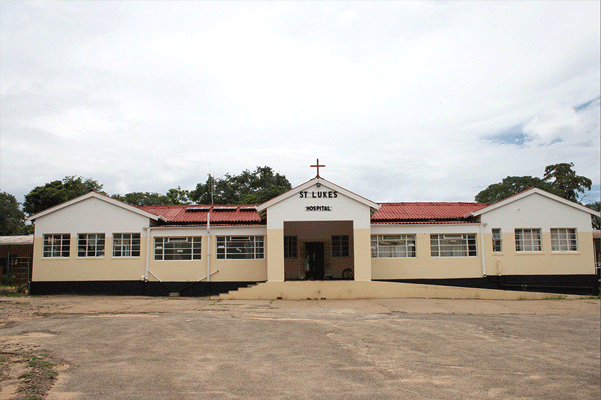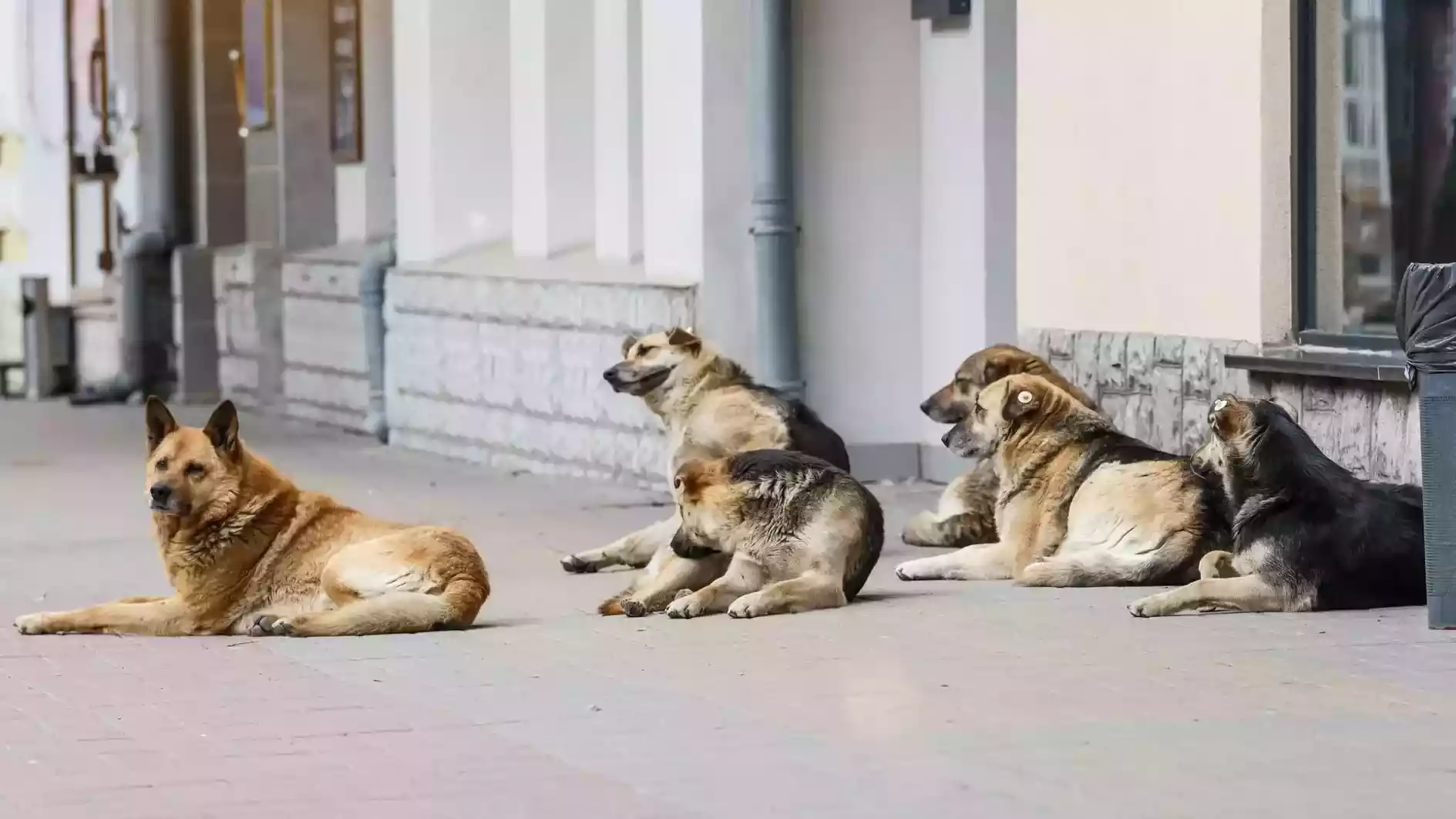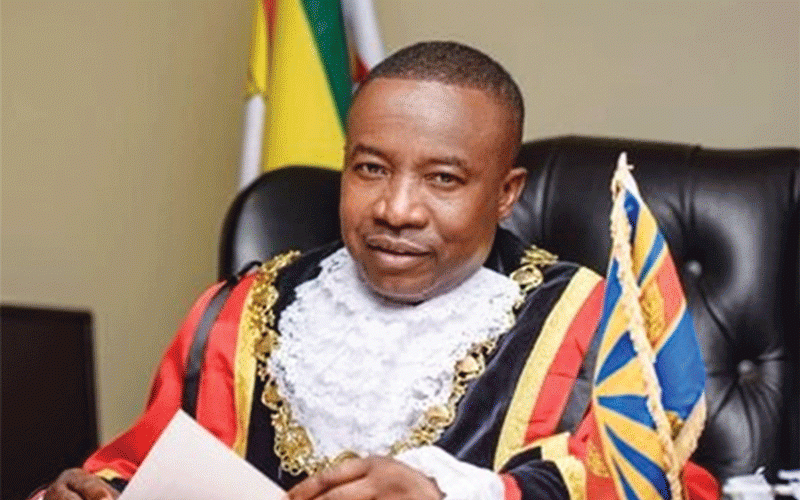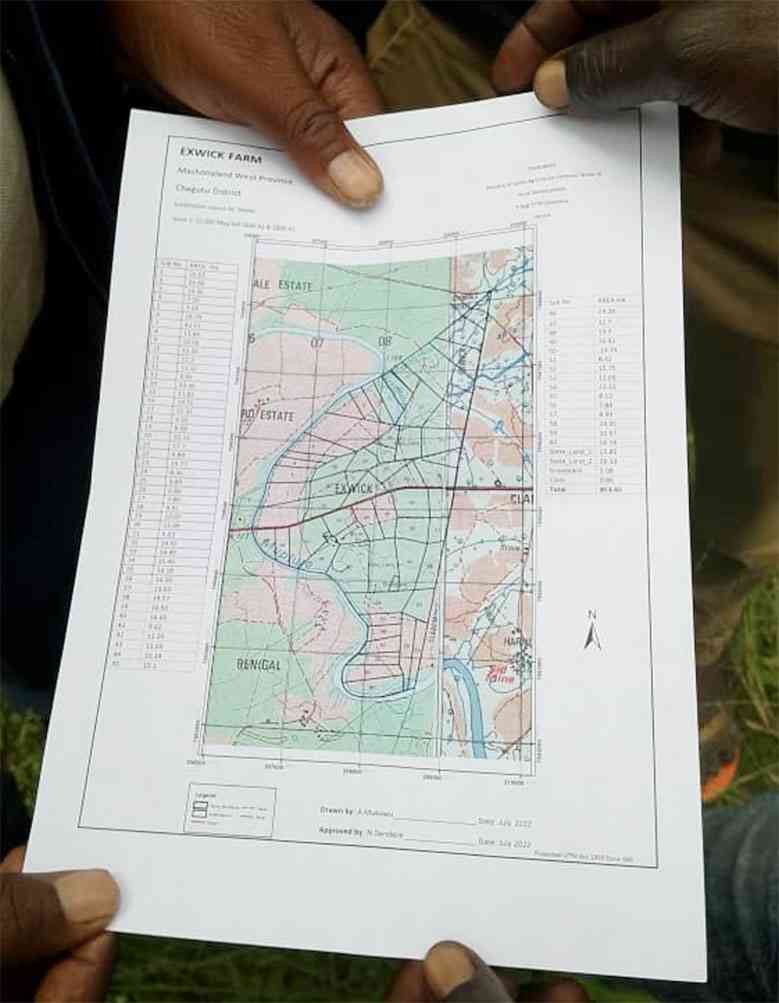
by Lizwe Sebatha
LUPANE — A week after Lupane’s Covid-19 response team made an appeal for blankets and emergency food aid to feed hungry quarantine inmates, reports have emerged that 26 people had escaped fleeing inhumane living conditions.
On June 2, provincial social welfare officer Mcnon Chirinzepi revealed the sad situation at Lupane’s Mabhikwa Secondary School quarantine centre.
He pleaded for food provisions and blankets which have not been enough for the centres which were already overwhelmed in terms of numbers.
While Mabhikwa is no longer a quarantine centre following the announcement of the reopening of schools for final year students, the district remains with Nyathi training centre as a quarantine centre. St Luke’s is the only isolation and treatment facility for the district for Covid-19 patients.
Plans to add Fatima High School and a District Development Fund facility in Tsholotsho as quarantine centres failed because of lack of material and financial resources. In Fatima, water challenges also blighted plans to turn the school into a quarantine hub.
All this is happening in a district endowed with an abundance of forests and a million-dollar timber logging industry that can easily generate income to finance an effective local Covid-19 response.
The Auditor General’s report from 2013 shows several irregularities in the country’s timber industry among them failure to measure and mark logs, expired concessions and illegal logging.
- Chamisa under fire over US$120K donation
- Mavhunga puts DeMbare into Chibuku quarterfinals
- Pension funds bet on Cabora Bassa oilfields
- Councils defy govt fire tender directive
Keep Reading
Lupane is heavily endowed with prime teak wood, gravel, gas and wildlife, but with little benefit to local communities. Timber has been logged for years in the district, but several communities in forestry areas have no clinics while schools have poor infrastructure.
Gwamba ward for example, does not have a clinic and villagers from areas such as Ndamuleni and Madojwa have to travel long distances to access nearest health services at the Lupane centre, the Matabeleland North provincial capital.
Chief Mabhikwa says communities have sought audience with him protesting failure by timber-logging companies to financially support local development, and now on the backdrop of a raging health pandemic, to plough back with material and other resources in the fight against Covid-19.
“Villagers complain that they are not seeing any benefits of having these safari and timber logging companies, particularly with regard to the fight against Covid-19,” said Chief Mabhikwa.
“We have to dialogue with the communities and timber logging companies concerned so that we have these issues resolved as it does not make any sense for communities to see timber logging trucks destroying the already poor roads loaded with timber taking it to other provinces, with zero benefit for Lupane.”
Kusile Rural District Council (KRDC) accuses timber and wildlife safari companies of defaulting on paying rates, resulting in the municipality failing to equip local clinics with Covid-19 resources. The local authority says it is owed outstanding fees and royalties by timber and safari companies, some dating several years back.
“Our revenue is very low, we are not well capacitated in the Covid-19 fight,” KRDC chairperson Christopher Chuma says.
“While we agree that Covid-19 has affected business for these companies, particularly safari owners, our concern is on them failing to clear outstanding royalties and levies pre-dating the pandemic.
“We have issued notices to sue them as they are either not coming with payment terms, or failing to honour their payment terms.”
According to Mines and Mining Development minister Winston Chitando, Lupane also sits on untapped lucrative coal — bed methane gas resources, enough to generate revenue for the district.
Communities like Lupane should not be running short of resources to fight Covid-19, opines Effie Ncube, the spokesperson of the Citizens Covid-19 Monitor.
“The nature of our governance system is such that local communities do not have the budgets for effective response against Covid-19 despite having natural resources enough to power not just an effective response, but local economic growth as well,” Ncube argues.
The Citizens Covid-19 Monitor is a local initiative by people from Bulawayo, Matabeleland North and South who have come together to mobilise resources to fight Covid-19.
According to its founding members, the organisation was set up a result of the realisation that the central government was incapacitated, and failing to provide a reliable Covid-19 response plan for Matabeleland.
“The solution is to give local communities power to take control of local natural resources and use them to drive local economic, social, and educational development, including fighting pandemics such as Covid-19,” said Ncube.
Vumani Ndlovu, the coordinator of Rural Communities Empowerment Trust, a Lupane-based independent non-governmental organisation, believes devolution of state functions could help address challenges that bedevil local communities.
“In addition to the obvious benefits of such a system of government to local communities, if implemented to the fullest it could definitely accelerate national economic development and improve social cohesion and harmony throughout the country,” Ndlovu contends.
Matabeleland North Provincial Affairs minister Richard Moyo, who chairs the provincial Covid-19 taskforce, also says devolution will deal with these challenges.
“That is why we [as government] now have a programme of devolution so that people benefit from resources in their communities, and that is why we are pushing the rural district councils to demand a share of their devolution funds to develop their areas and address all those concerns,” Moyo said.
l This article was originally published by The Citizen Bulletin, a hyper-local non-profit news outlet covering Covid-19 in Matabeleland.










